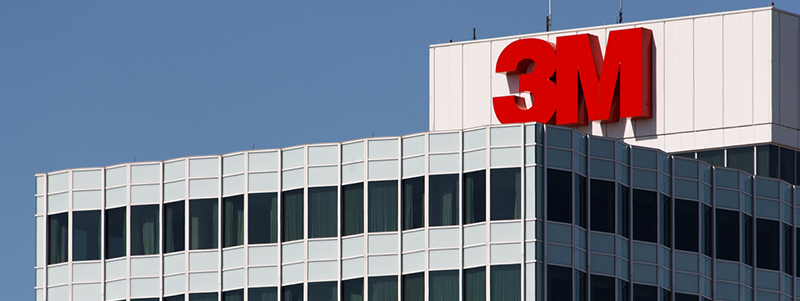
Judges Skeptical About 3M’s Bid to Shield from Earplug Lawsuits
Federal appeals court judges on Tuesday heard from Paul Clement, a lawyer for Aearo Technologies, a subsidiary of 3M. Clement urged the three-judge panel of the 7th Circuit Court of Appeals in Chicago to reverse a bankruptcy court order which allowed plaintiff lawsuits to move forward against 3M.
Aearo manufactured the combat arms earplugs and filed for bankruptcy last July. Clement argued that there is “complete overlap” between the facts and legal defenses in earplug lawsuits against the two companies, and stated that the “automatic stay” which shields Aearo from lawsuits while it is bankrupt should also apply to 3M.
Judges appeared skeptical of this argument. Judge Frank Easterbrook pressed Clement on Tuesday to explain how there can be exceptions to the bankruptcy law, which applies the shield only to the bankrupt company. He said the U.S. Supreme Court has consistently ruled against exceptions in bankruptcy law.
“If this maneuver works, why won’t it automatically happen every time a defendant in an MDL gets uncomfortable with the MDL court’s rulings?” Judge David Hamilton asked.
David Frederick, representing the plaintiffs, told the panel that 3M “contrived this bankruptcy to help itself, not Aearo or its creditors.”
He argued that as long as 3M is able to cover the earplug liability, there is no reason it should be shielded, and that if 3M ever became unable to pay, it should have to file for bankruptcy itself.
“The point of the bankruptcy process is to take the bitter with the sweet,” he said.
Veterans and service members have called for the dismissal of Aearo’s bankruptcy, as has the judge overseeing the consolidated MDL in Florida, who called the bankruptcy “wholly contrived.”
The litigation against 3M and Aearo is the largest-ever MDL in U.S. history, with nearly 330,000 cases filed and nearly 260,000 pending cases, according to court statistics from March 16. The next-largest MDL, the Johnson & Johnson talc litigation, has 38,000 cases.
3M has lost 10 of the 16 cases that have gone to trial so far, with about $265 million being awarded in total to 13 plaintiffs.
- Source: Reuters